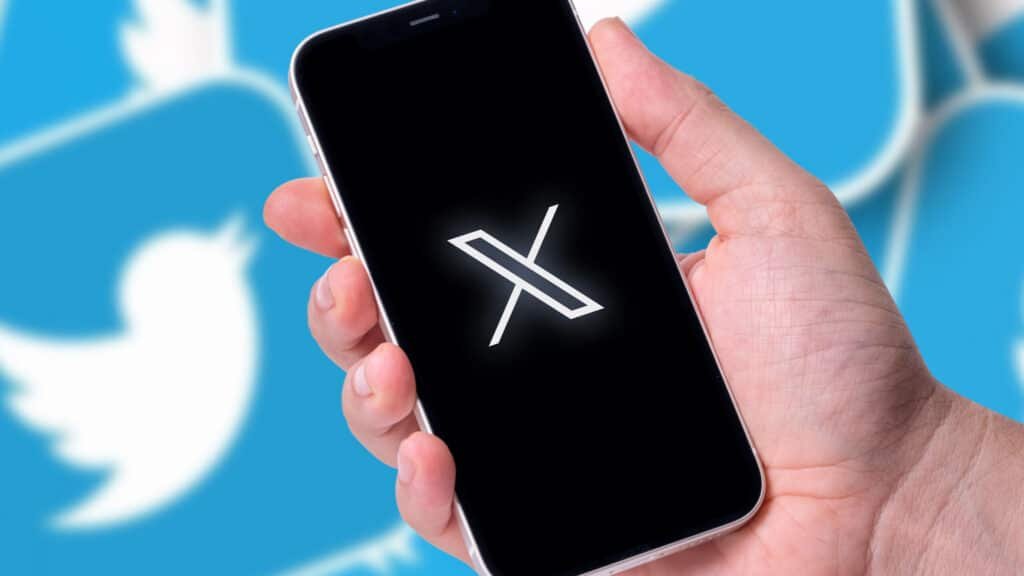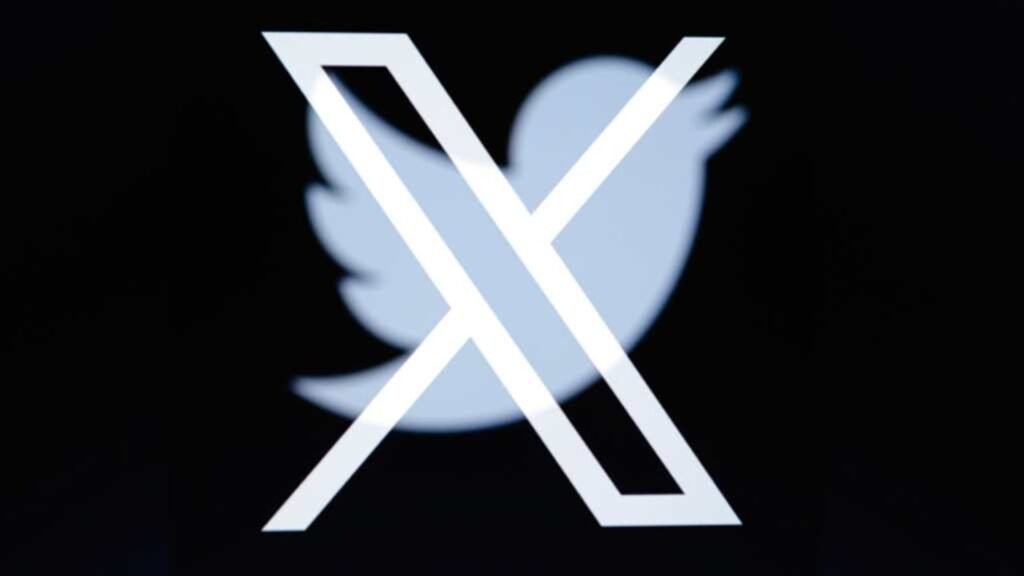In 2025, one platform is quietly dominating the digital pulse of the UAE — and it’s not TikTok, not Instagram, and certainly not Facebook. It’s X, formerly known as Twitter. While many thought its rebrand would stall its relevance, the opposite has happened. X is bigger than ever in the UAE, and this isn’t speculation — it’s a measurable, visible, and cultural truth reshaping how people across the Emirates engage with the world.
In a country that thrives on immediacy, status, innovation, and storytelling, X has evolved from a microblogging tool into a digital powerhouse. From Ajman to Abu Dhabi, Emiratis and expats alike are now using X as their go-to source for news, commentary, influence, and community connection.
How the UAE Fell Back in Love with X
A few years ago, Twitter felt like a dying relic. Its algorithms were rigid, the timeline stale, and the features outdated. But with Elon Musk’s acquisition and the bold decision to rebrand the platform as “X,” everything changed. And while the rest of the world debated whether this rebrand was genius or madness, users in the UAE were quick to respond — not with opinion, but with action.
Adoption skyrocketed. Government officials, business leaders, nightlife influencers, and tech enthusiasts began migrating their voice to the new platform. Suddenly, X was not just a news feed — it became the UAE’s digital town square.

A Real-Time Nation Needs a Real-Time Platform
The UAE operates at full throttle. News breaks by the second, events pop up overnight, and policies evolve at an unprecedented pace. In this environment, platforms that delay information delivery get left behind. X, with its rapid-fire timeline and real-time engagement model, fits perfectly.
Residents no longer wait for newspaper headlines or Instagram story updates. A few scrolls through X in the morning reveals everything — new laws, celebrity arrivals, Dubai traffic alerts, Sharjah cultural updates, and even surprise weather events. In a country that runs on urgency, X has become essential.
Government to Influencer: Everyone Is Here
From HH Sheikh Mohammed to your favourite DJ, the range of UAE-based accounts actively using X is staggering. Ministries publish regulations and announcements directly onto X. Brands launch new products first via short, punchy X posts. Influencers now use X as a second brain — a space to be less curated, more spontaneous.
And that’s the key. X allows for unfiltered engagement in a way that few platforms do. Threads, live replies, real-time polls — they offer an honesty that fits the UAE’s fast-moving social culture.
From Platform to Utility: Feature Upgrades Driving Growth
A massive part of the UAE’s renewed love for X is thanks to the platform’s feature expansion. X is no longer just 280 characters. It’s:
Real-time polling and reaction tracking
Live audio Spaces for real-time public discussions
Video content up to 2 hours long
Community-building tools for niche groups
Monetisation options for creators
In a place like Dubai where tech-savvy residents demand value from every app on their phone, X’s transformation from a text app to a complete communications utility hits the mark.

Visual Asset: X Usage by Emirate (Infographic Suggestion)
Create a heatmap graphic of the UAE with cities like Dubai, Abu Dhabi, and Sharjah in deep red to represent high user activity. Use lighter tones for Fujairah and Umm Al Quwain. Annotate with statistics:
- Dubai: 1.4M monthly users
- Abu Dhabi: 900K
- Sharjah: 600K
- Nationwide engagement growth: +72% YoY
Cultural Relevance Matters in the Emirates
The UAE doesn’t just follow global trends — it adapts them to fit its lifestyle. While much of the world saw X as a platform for political sparring or journalism, users in the UAE have crafted a unique identity for it. Here, it’s about fast news, branded communication, humour, and occasionally, a meme war.
This cultural integration matters. When platforms ignore localised behaviour, they fade. X, by contrast, is thriving in the UAE because it complements the country’s digital personality: quick, expressive, ambitious.

Business Is Booming — And X Is the Megaphone
From real estate agents promoting prime apartments in Business Bay to local cafes launching limited-time menus in Ras Al Khaimah, X has become a commercial marketing hub. SMEs and global brands alike now rely on it to drive visibility and engagement.
The platform’s tools for targeted advertising, boosted posts, and influencer engagement make it ideal for fast-growth markets like the UAE. Unlike other platforms where your brand can get buried beneath an algorithm, X’s new features allow greater control over audience reach.
Visual Asset: Screenshot Mockups of UAE Brands on X
Curate a visual set of five UAE-based accounts using X:
- Dubai Police
- Etihad Airways
- Emirates NBD
- Puma Middle East
- Popular nightlife venue (e.g., Soho Garden)
Use these to illustrate how business, government, and entertainment use the platform equally.

What’s Driving Personal User Growth?
Beyond the business and news side, X’s appeal lies in its ability to deliver value to the everyday user. Consider the following:
- Expats use X to track visa updates, ministry alerts, and local job tips
- Locals engage in regional debates and trending topics
- Gamers, sneakerheads, and tech nerds follow global and regional news in one feed
In essence, X isn’t just for broadcasters. It’s for participants. Everyone with an opinion or a curiosity now has a reason to scroll.

The Return of Real-Time Influence
Instagram Stories feel filtered. TikTok takes effort. But on X, the bar to join a conversation is lower. Just type. In a landscape dominated by perfection and production, this simplicity is refreshing. UAE creators are leveraging this by building stronger, more authentic communities.
Some influencers even break stories on X first before amplifying them on other platforms. This reversal of the old hierarchy shows just how impactful X’s rebrand has become.
Future-Proofing Its UAE Presence
X’s trajectory in the UAE suggests it won’t just remain big — it will continue growing. With more Arabic language support, region-specific moderation, and local partnerships likely, the platform is positioning itself for longevity in the region.
Expect to see:
- Arabic-first creator tools
- UAE-specific Spaces discussions
- Government campaigns debuting on X
- Emirati tech entrepreneurs launching businesses within X’s ecosystem
Final Thought: A Platform That Earned Its Seat Back
The rise of X in the UAE isn’t just because of branding or novelty. It’s because the platform evolved into something the country needed: an agile, expressive, transparent, and functional space. It’s not nostalgia — it’s relevance. And as it stands today, X is bigger than ever in the UAE — and it shows no signs of slowing down.



